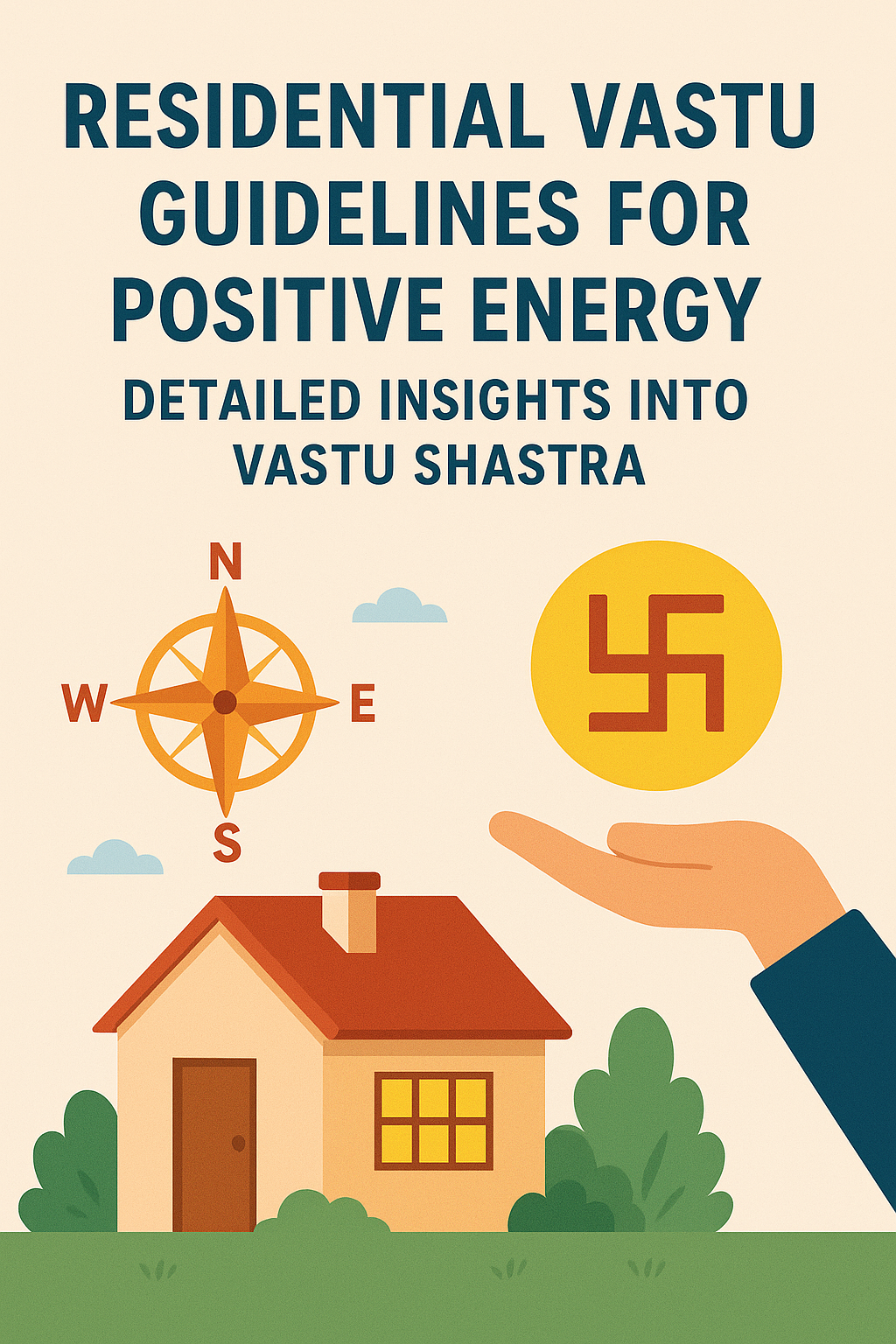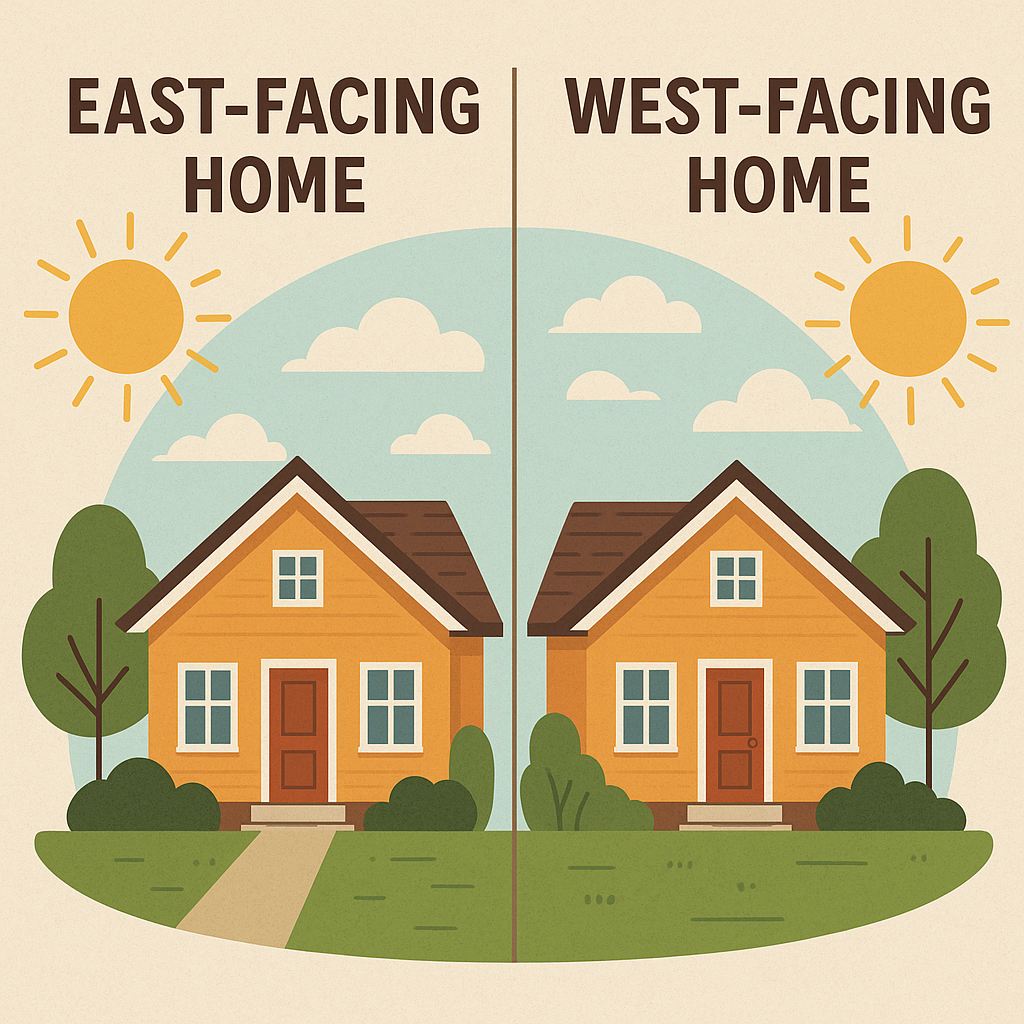Myth busted: Vastu does not effect the tenants
Many individuals believe that Vastu principles only impact property owners. Frequently, I encounter questions from people who are renting a house for some years or may be for a short duration, wondering how Vastu could affect them as they are only tenants. Similarly, some individuals undergoing home renovations temporarily relocate to rented accommodations without considering Vastu, assuming it's only a matter of a few months. Yet, what they fail to grasp is that even within those few months, the non-adherence to Vastu principles can significantly influence the trajectory of their lives.
Whether owned or rented, a non-compliant Vastu dwelling will bring negative repercussions on its inhabitants only, whether owned or rented. Vastu is about the presence of oneself in the energies and positive or negative effects of the Vastu has to be faced by the inhabitants regardless of the ownership of the place.
These effects can manifest in various facets of life, including physical health, mental well-being, and financial stability depending on the Vastu positive points or flaws present in the property. Furthermore, if occupants are already facing challenges, the impact of Vastu non-compliance will increase their difficulties, amplifying their struggles multifold.
As a tenant, one becomes intricately connected to the energies of the space they inhabit, experiencing both the advantages and disadvantages of Vastu principles. These energies dynamically interact with the subconscious minds of the occupants, influencing their daily lives. Moreover, their individual planetary positions intersect with the directional energy of the property, shaping the overall atmosphere of the property and affecting the well-being of those residing within it.
The alignment of various elements like directions, cosmic entities, and natural forces holds significance in Vastu principles. For instance, just as our navel represents the center of our body's energy, similarly in the house, the center is called, Brahamsthaan, that holds similar importance.
Different parts of our body correspond to specific zones in a dwelling, such as the head representing the energy of the northeast, our feet represents the Southwest direction. Therefore, whether one resides in a rented or owned accommodation, the harmony between these elements remains crucial.
Ultimately, I would advise everyone searching for a rental property to prioritize checking its Vastu compliance. After all, it is the inhabitant who will directly experience the effects, whether positive or negative, of the property's directions and energies.
Trending Posts
Related Blogs
Residential Vastu Guidelines for Positive Energy - Detailed Insights into Vastu Shastra
Good times and Bad times are just a part of
Read More >>Best Cities for Property Investment in India 2026
Best Cities for Property Investment in India
India’s real estate
Design Meets Vastu in 2025: East-Facing vs West-Facing Homes
As we step deeper into 2025, the Indian real estate
Read More >>






.png)